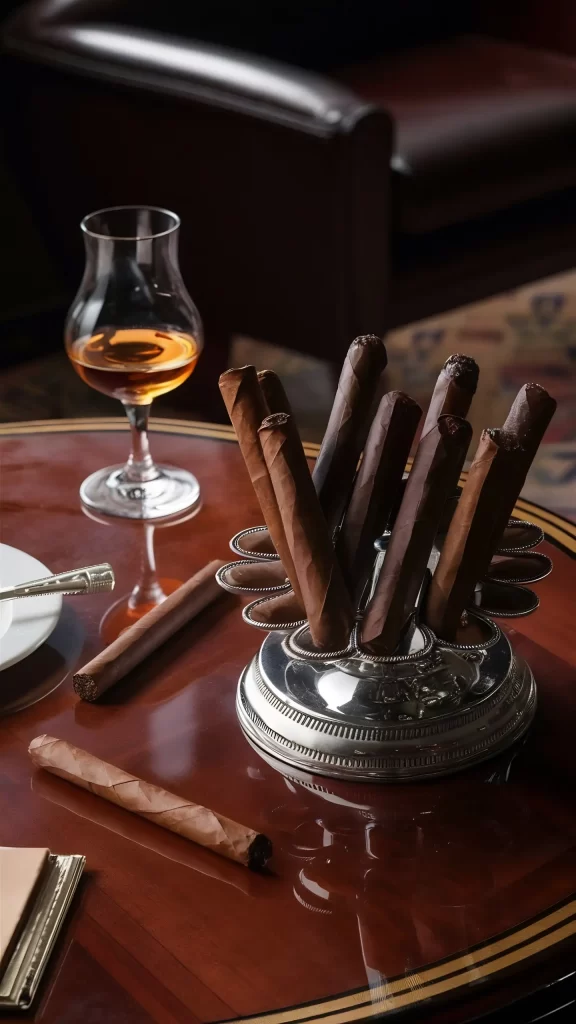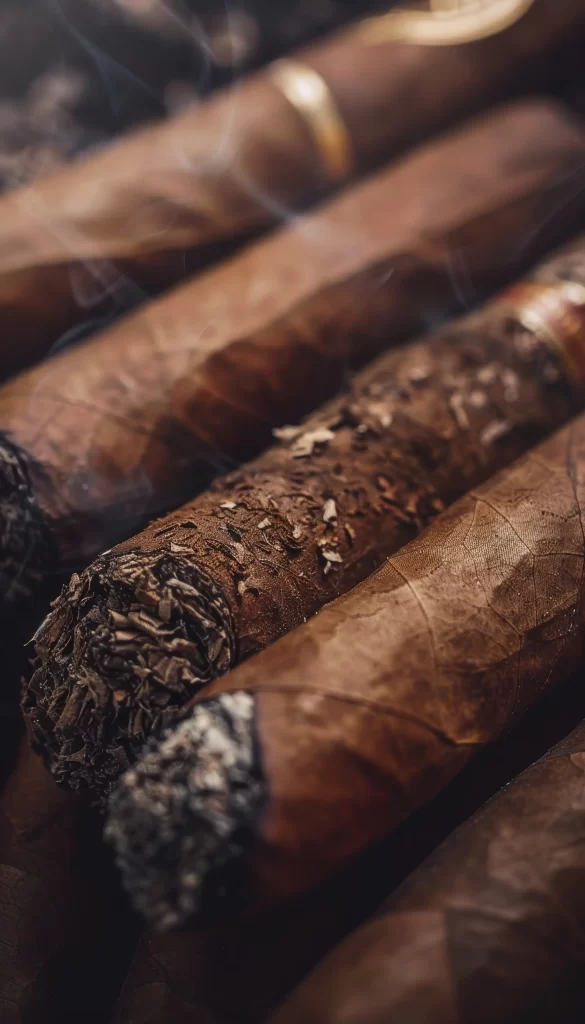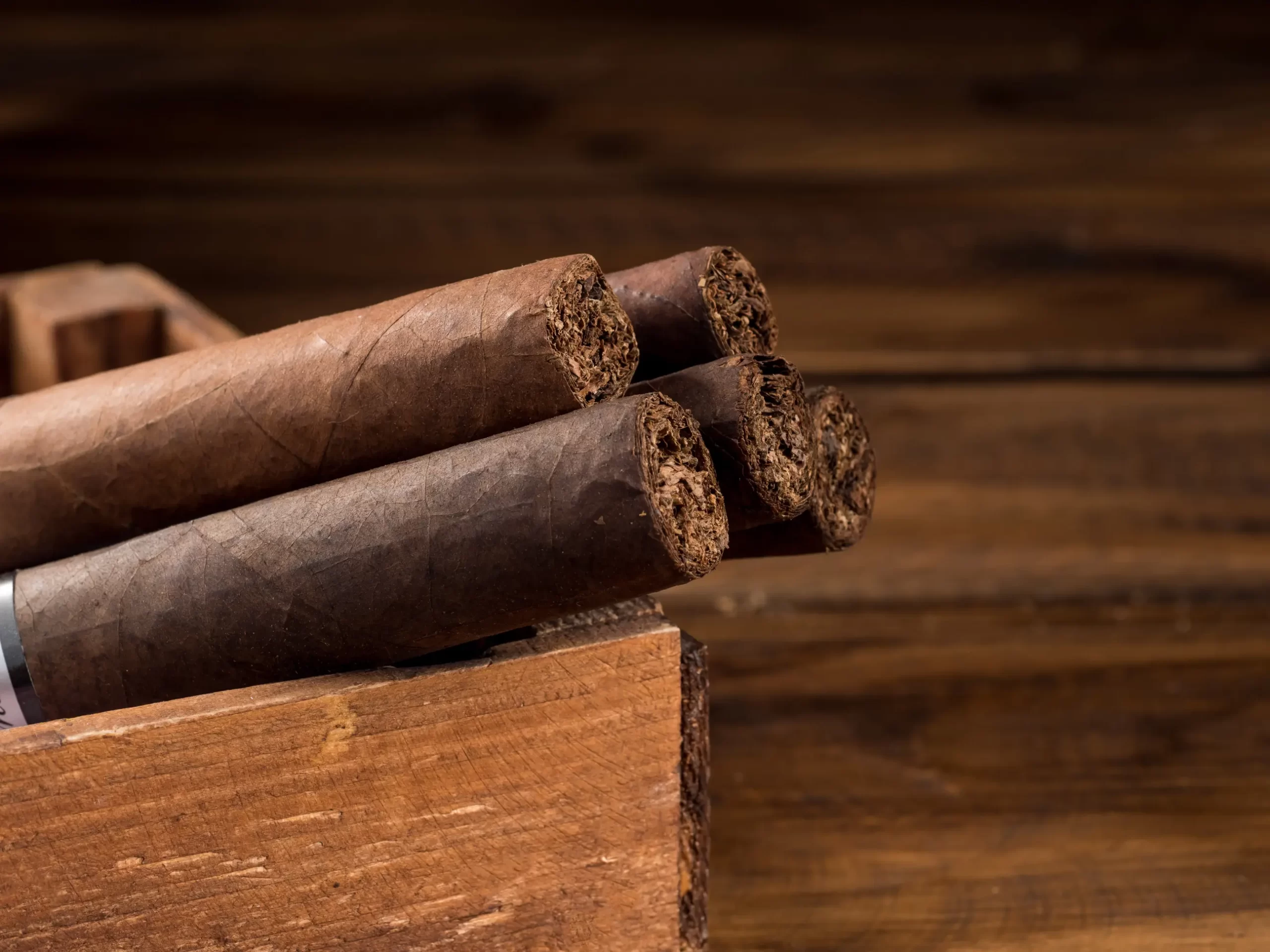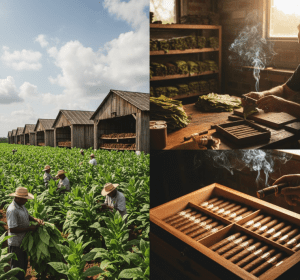If you’re a cigar enthusiast, you know how crucial it is to keep your cigars in the best possible condition. But did you know there’s an easy When discussing cigars, the term “Havana” often conjures images of luxury, history, and an unmatched smoking experience. But what exactly sets a Havana cigar apart from other cigars? In this article, we’ll explore the key differences between general cigars and the famed Havana , delving into their origins, manufacturing processes, and what makes Havana cigars so unique.
What is a cigar?
Cigars have a rich history dating back to ancient civilizations, where indigenous peoples of the Caribbean and Central America first began rolling tobacco leaves into a form that resembles modern cigars. The practice spread across the world, becoming particularly popular in Europe during the 16th century.
Types of cigars
There are many types of cigars, ranging from the mild, machine-made options to the more robust, hand-rolled varieties. Cigars can differ in size, shape, strength, and flavor, catering to a wide range of preferences among smokers.
The anatomy of a cigar
A cigar typically consists of three main parts: the filler, binder, and wrapper. The filler is the tobacco inside the cigar, the binder holds the filler together, and the wrapper is the outermost layer, which often contributes significantly to the cigar’s flavor.
What is a Havana cigar?
History of Havana cigars
Havana cigars, also known as Cuban cigars, are widely regarded as the pinnacle of cigar craftsmanship. Their origins can be traced back to the 18th century when Cuban tobacco gained international recognition for its superior quality.
Characteristics of Havana cigars
Havana cigars are distinguished by their unique flavor profiles, often described as rich, complex, and earthy. The specific blend of tobacco used in these cigars is cultivated in the Vuelta Abajo region of Cuba, known for its ideal growing conditions.
The importance of origin
The term “Havana” is not just a brand name but a designation of origin. Only cigars made from Cuban-grown tobacco and manufactured in Cuba can legally be called Havana cigars, making them a unique and highly sought-after product.

Key differences between Cigars and Havana Cigars
Tobacco used
While cigars can be made from tobacco grown in various regions around the world, Havana cigars are exclusively made from Cuban tobacco. This tobacco is known for its distinct aroma and flavor, which is influenced by the unique soil and climate conditions in Cuba.
Manufacturing process
Havana cigars are traditionally hand-rolled by skilled artisans, a process that has been passed down through generations. In contrast, many non-Cuban cigars are machine-made, which can affect the quality and consistency of the final product.
Flavor profiles
The flavor of a Havana cigar is often described as more complex and nuanced compared to other cigars. The rich, earthy taste of Cuban tobacco, combined with the meticulous rolling process, creates a smoking experience that many aficionados consider unparalleled.
Pricing and availability
Havana cigars are generally more expensive and harder to find than other cigars, partly due to their reputation and the limited production of Cuban tobacco. The Cuban embargo has also contributed to the scarcity and high price of these cigars in certain markets, particularly in the United States.
Reputation and cultural significance
Havana cigar have a storied reputation, often associated with luxury and status. They have been featured in films, enjoyed by world leaders, and are considered a symbol of sophistication. This cultural significance adds to their allure and sets them apart from other cigars.
The significance of origin in cigars
How origin affects tobacco quality
The quality of tobacco is heavily influenced by where it is grown. Factors such as soil composition, climate, and farming techniques all play a role in the final product. Cuban tobacco is renowned for its high quality, largely due to the ideal growing conditions in the country.
Regions known for quality cigars
Besides Cuba, other regions known for producing high-quality cigars include the Dominican Republic, Nicaragua, and Honduras. Each region has its own unique characteristics that contribute to the flavor and quality of the cigars produced there.
The Cuban Embargo and Its Impact on Havana Cigars
The Cuban embargo, imposed by the United States in the 1960s, has significantly impacted the availability of Havana cigars in the U.S. market. Despite the embargo, the reputation of Havana cigars has endured, and they remain highly coveted by cigar enthusiasts worldwide.

Expert insights on choosing between cigars and Havana cigars
Interviews with cigar experts
Experts often suggest that the choice between a regular cigar and a Havana cigar depends on personal preference. Those who appreciate complex flavors and are willing to invest in a premium product may prefer Havana , while others might opt for more accessible options.
Consumer preferences
Consumer surveys show that while many cigar smokers aspire to try a Havana cigar at least once, the majority enjoy a variety of cigar from different regions, valuing both quality and affordability.
The future of cigars and Havana cigars
Trends in cigar production
The cigar industry is evolving, with trends such as organic tobacco and sustainable farming practices gaining traction. There is also a growing interest in small-batch, artisanal cigars, which offer unique flavors and experiences.
The role of Havana cigars in modern times
Despite changing trends, Havana cigars continue to hold a prestigious place in the market. Their rich history and association with quality ensure they remain a favorite among connoisseurs and collectors.
Practical tips for cigar enthusiasts
How to select the right cigar for you
Choosing the right cigar involves considering factors such as flavor preference, strength, and occasion. It’s often recommended to start with milder cigars and gradually explore stronger options as your palate develops.
Caring for your cigars
Proper storage is essential for maintaining the quality of your cigars. Investing in a humidor can help regulate humidity and preserve the flavor and freshness of your cigars.
Smoking etiquette
Cigar smoking has its own set of etiquette, such as cutting the cigar properly, lighting it evenly, and taking slow, measured puffs. Following these practices can enhance your smoking experience and show respect to fellow cigar enthusiasts.
Havana stand out from other cigars due to their unique origin, complex flavors, and cultural significance. While they are often more expensive and harder to find, many consider them the pinnacle of cigar craftsmanship.
Whether you prefer a classic Havana cigar or enjoy exploring cigar from different regions, understanding the differences between these products can enhance your appreciation and enjoyment of the smoking experience.
Ready to explore the world of cigars? Consider trying a Havana cigar to experience the rich history and unparalleled flavor that has captivated cigar lovers for centuries.
Visit our web site laaurora.com to see all the cigars that we have for you
FAQs
What makes a cigar a Havana cigar?
A cigar is considered a Havana cigar if it is made from tobacco grown in Cuba and manufactured within the country. The term “Havana” is a protected designation of origin, meaning only cigars that meet these criteria can legally carry the name.
Are Havana cigars worth the extra cost?
Many cigar enthusiasts believe that Havana cigars are worth the extra cost due to their unique flavor, quality, and the craftsmanship involved in their production. However, this ultimately depends on personal preference and budget.
How can i tell if a cigar is from Havana?
Authentic Havana cigars often come with a warranty seal or a band indicating their Cuban origin. Additionally, the flavor and aroma of Cuban tobacco are distinctive, which can help in identifying a genuine Havana cigar.


